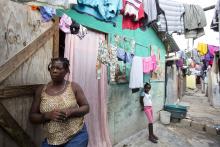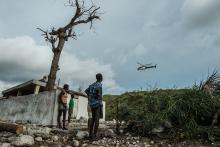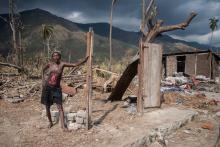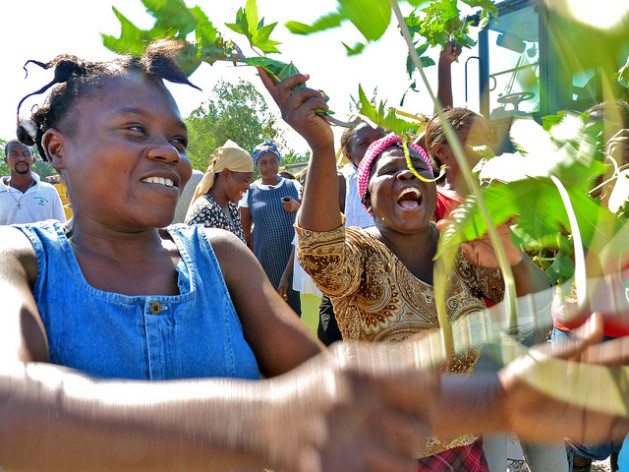State Department Releases 2017 Trafficking in Persons Report
The U.S State Department has released the 2017 Trafficking in Persons (TIP) reports. The Haiti Country Narrative (copied below) notes that while Haiit does not meet minimum standards for preventing and responding to TIP, it is making significant efforts to improve. This included strengthening its interministerial anti-trafficking commision, working more closely with international organizations, improving investigations and prosecutions and obtaining convinctions under the 2014 antri-trafficking law. In short, progress is being made although much more remains to be done.









